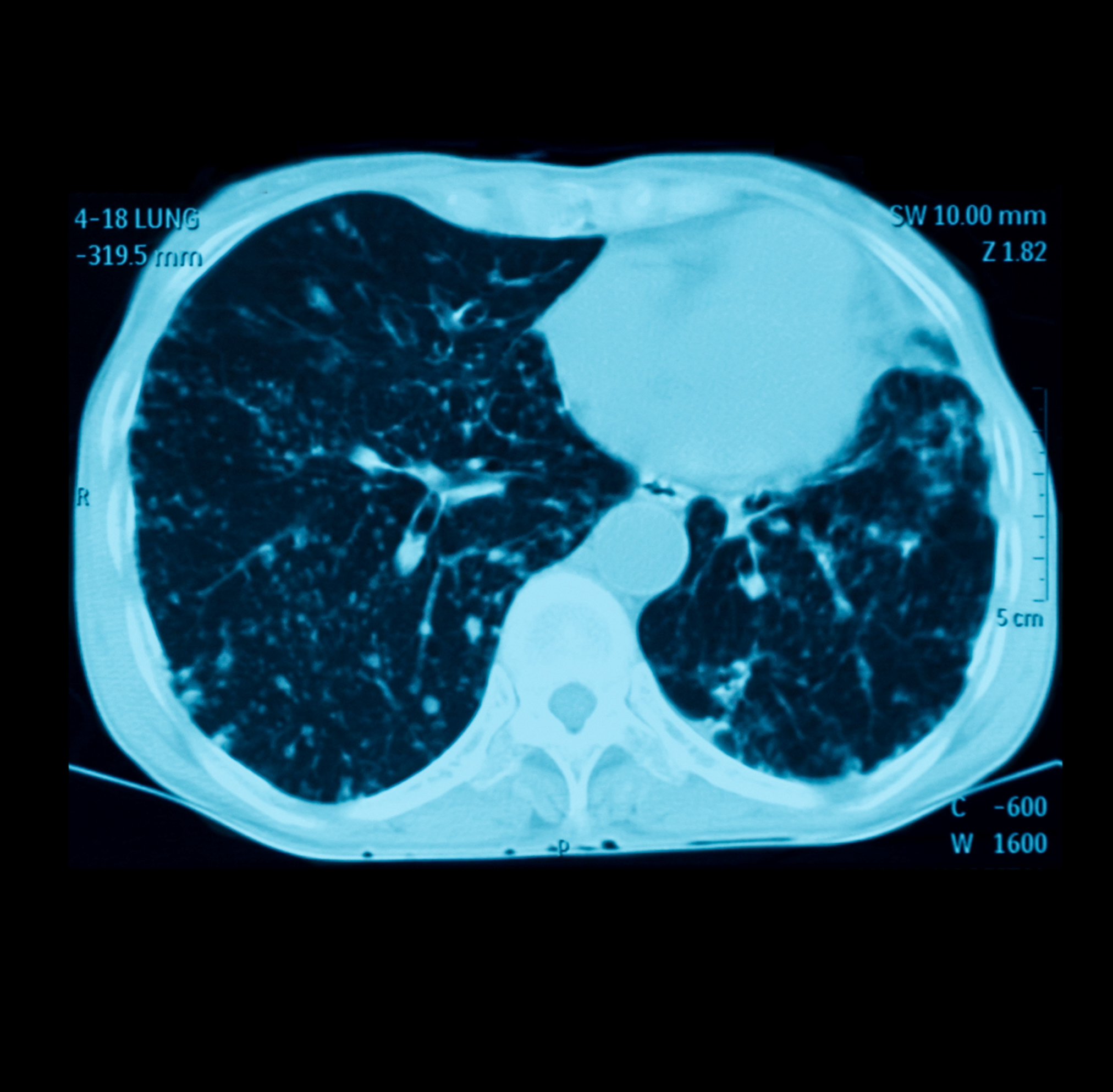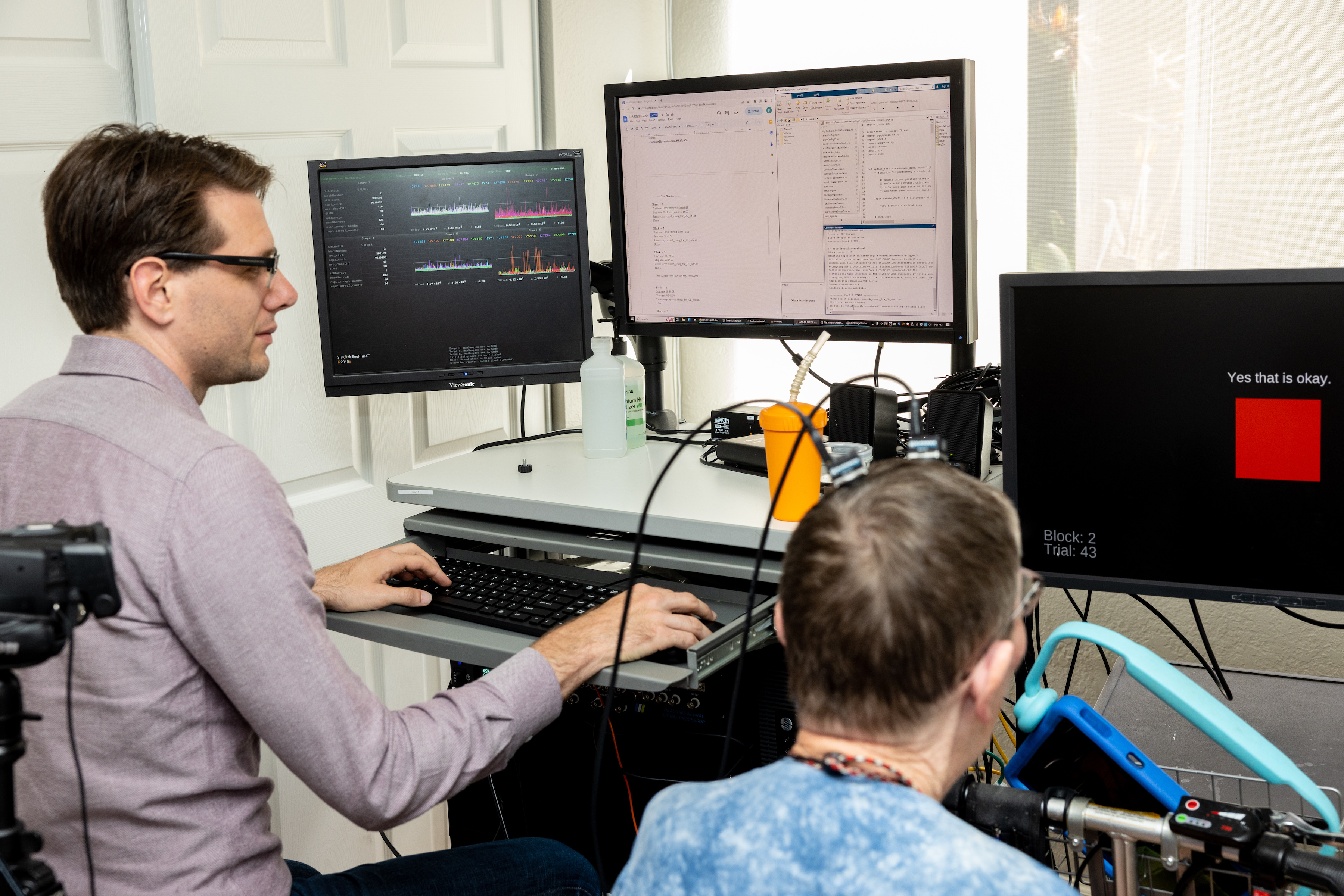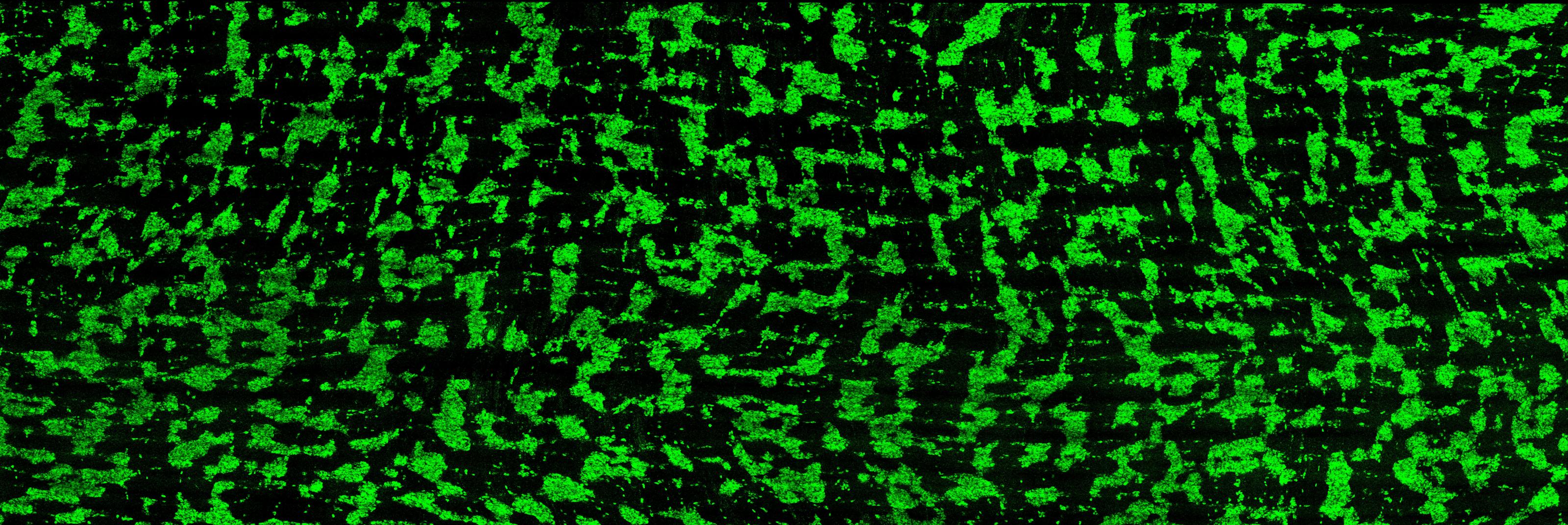Welcome to Stanford Neurosurgery
Stanford Department of Neurosurgery is home to 60 leading neurosurgeons and research faculty. Our neurosurgeons perform over 4,000 neurosurgical operations covering the full spectrum of neurological conditions every year. We diagnose, treat, and cure neurological conditions with the precision necessary to restore patients to their lives.
As one of the top-ranked neurosurgery programs in the nation, Stanford Neurosurgery provides comprehensive and compassionate care for our patients. We are at the forefront of scientific research, offering potential therapies not offered anywhere else in the world. Our program is committed to educating, training, and mentoring the next generation of neurosurgery leaders.
The Latest News
Teenager back on lacrosse field after brain surgery for AVM
Lauren Adair loves the sport of Lacrosse – so much so that it was the first thing she worried about after being diagnosed with an AVM, or arteriovenous malformation.
Brain implants revive cognitive abilities long after traumatic brain injury
A new technique using deep brain stimulation tailored to each patient exceeded researchers’ expectations in treating the cognitive impairments from moderate to severe traumatic brain injury.
Dr. Phillips joins Department of Neurosurgery
H. Westley Phillips, MD, begins his appointment at Stanford School of Medicine as assistant professor of neurourgery starting November 1, 2023.
Lung cancer screening guidelines perpetuate racial disparities, Stanford-led study finds
National guidelines for lung cancer screening are less effective for African Americans than for whites, Stanford study concludes. A risk-based analysis is more equitable and effective.
Brain implants, software guide speech-disabled person’s intended words to computer screen
Our brains remember how to formulate words even if the muscles responsible for saying them out loud are incapacitated. A brain-computer hookup is making the dream of restoring speech a reality.
Seeking better treatments for preterm babies in the “second brain”
Researchers with Stanford’s Wu Tsai Neurosciences Institute aim to improve gut motility and health outcomes for preterm babies through foundational research on the nervous system of the gut, called the enteric nervous system (ENS).




